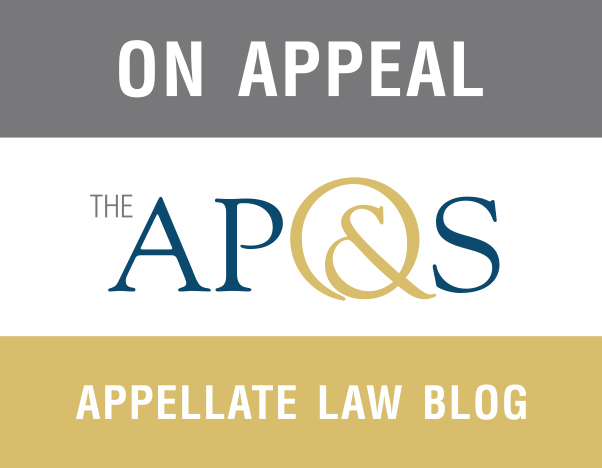King v. Huntress, 94 A.3d 467 (R.I. 2014): Pursuant to Rule 51(b) of the Rhode Island Superior Court Rule of Civil Procedure, “[n]o party may assign as error the giving or the failure to give an instruction unless the party objects thereto before the jury retires to consider its verdict, stating distinctly the matter to which the party objects and the grounds for the party’s objection.” As the Rhode Island Supreme Court has from time to time explained, “[t]he rationale underlying this rule is that it is necessary to ‘allow the trial justice an opportunity to make any necessary corrections to his or her instructions before the jury begins its deliberations.’” (quoting DiFranco v. Klein, 657 A.2d 145, 147 (R.I. 1995)). The Supreme Court has been “‘especially rigorous in the application of the raise-or-waive rule when considering objections to jury instructions.’” (quoting Botelho v. Caster’s Inc., 970 A.2d 541, 548 (R.I. 2009)). Nevertheless, it “‘will not apply Rule 51(b) in an overly stringent manner.’” (quoting DiFranco, 657 A.2d at 147). At a minimum, “the objection must be ‘specific enough to alert the trial justice as to the nature of [the trial justice’s alleged error.’” (quoting Botehlo, 970 A.2d at 548).

2014 Year in Review – Raise or Waive Rule
Posted In: Raise or Waive Rule Tagged In: Appellate Practice, Raise or Waive Rule, Rhode Island Supreme Court




